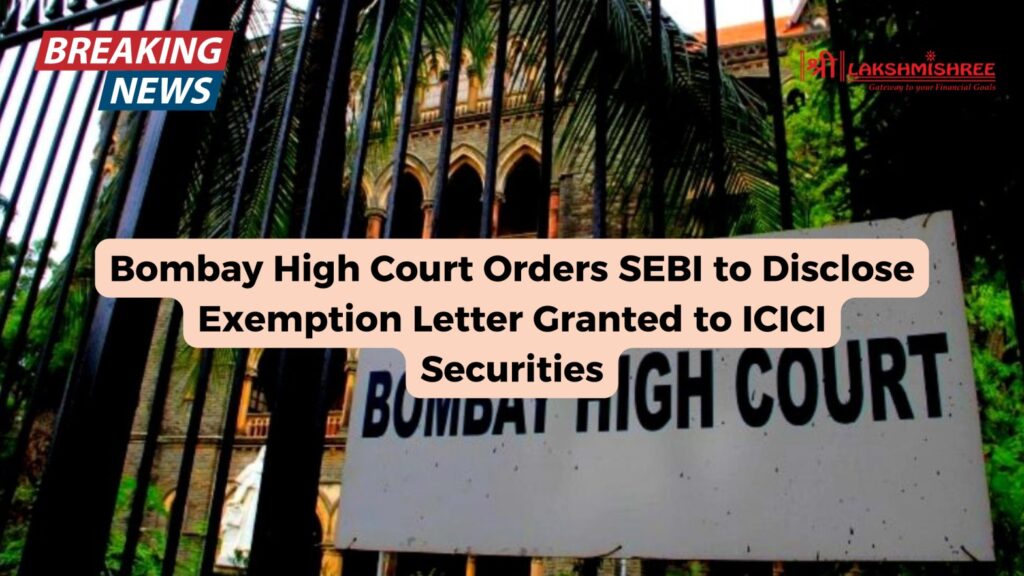On August 10, the Bombay High Court directed the Securities and Exchange Board of India (SEBI) to disclose a crucial exemption letter granted to ICICI Securities. This letter exempted the firm from the reverse book-building process, a key step in the delisting of a company from stock exchanges. The court’s decision was in response to a petition filed by Aruna Vinod Modi, a shareholder of ICICI Securities, who challenged the exemption granted by SEBI.
Aruna Modi argued that SEBI had overstepped its regulatory authority with this exemption, claiming it was in violation of the current de-listing norms. Though the court did order that the letter be disclosed, it did so with stringent conditions: That Modi cannot share, reproduce or allow access to the letter with any third party.
Apart from the lawsuit, there is also a pending case at the National Company Law Tribunal. It alleges undue influence on the part of ICICI Bank to garner the consent of shareholders for delisting ICICI Securities from Indian bourses. The delisting resolution got approved with an overwhelming majority of institutional and noninstitutional shareholders.
It is learnt that SEBI had earlier cautioned ICICI Bank against an aggressive outreach programme aimed at convincing shareholders to vote for the delisting. The regulator pointed out that such an outreach, particularly on the last day of voting, was improper and led to a conflict of interest — ICICI Bank, being an interested party, should not have been engaged in the process.
The matter continues to receive wide attention. The incident has wide ramifications for corporate governance and regulatory oversight across India.
Do you have a news tip for Lakshmishree reporters? Please email us at media@lakshmishree.com
Source: Moneycontrol

News Desk



